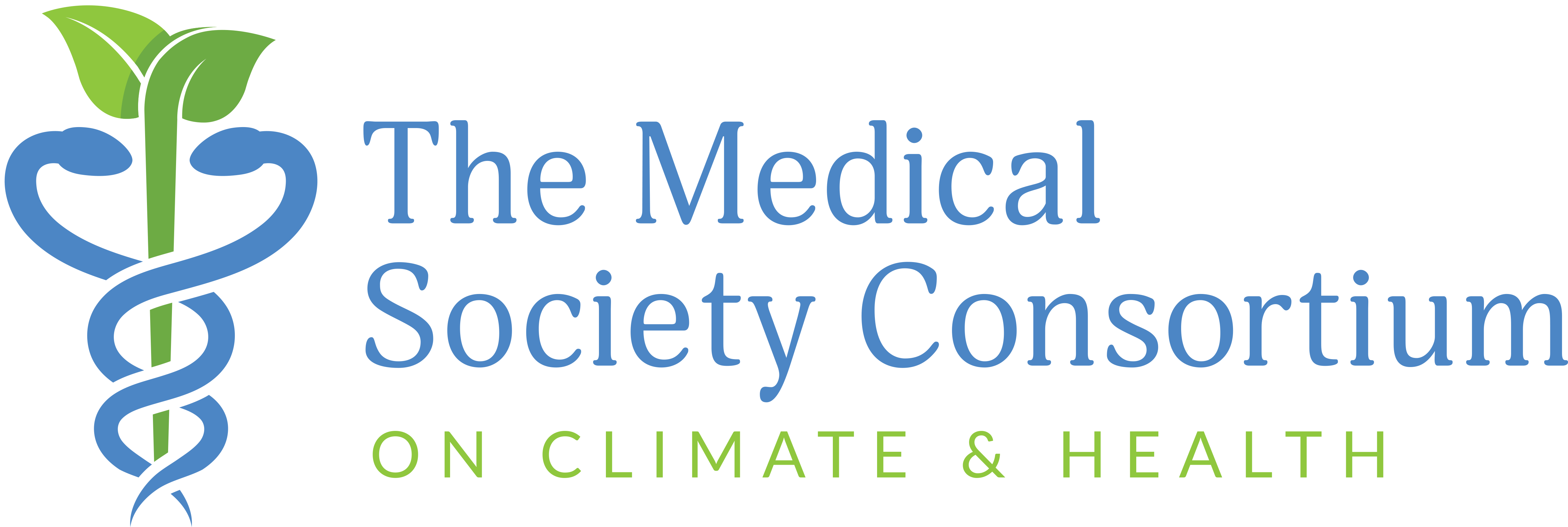To facilitate the medical community’s awareness-raising efforts, the Medical Society Consortium on Climate and Health (Consortium) brings together associations representing over 600,000 clinical practitioners to carry three simple messages:
- Climate change is harming Americans today and these harms will increase unless we act;
- The way to slow or stop these harms is to decrease the use of fossil fuels and increase energy efficiency and use of clean energy sources; and
- These changes in energy choices will improve the quality of our air and water and bring immediate health benefits.
This is especially important to vulnerable Americans and communities who are experiencing a disproportionate impact today from climate change.
The 2015 Lancet Commission on Health and Climate Change concluded that addressing climate change is the greatest public health opportunity of the 21st century, and failure to adequately address it could undo most of the progress in global health over the past century. Our recent surveys demonstrate that most physicians are aware of the adverse health effects of climate change and feel a responsibility to inform the public, patients, and policymakers about them. A majority of survey respondents report they are already seeing health harms from climate change among their own patients – most commonly in the form of increased cardiorespiratory disease (related to air quality and heat), more severe and longer-lasting allergy symptoms, and injuries attributed to extreme weather. Many indicated their own personal interest and nearly all indicated they would like to see their societies educate policymakers about these harms and risks. They also support education for their colleagues through CME and wish to provide leadership on environmental sustainability in their own workplaces.
American medical societies and their state chapters have a significant and influential membership nationwide, and they routinely educate legislators on health issues (tobacco control, opioids, obesity, etc.) and other policy concerns. Medical Society members have an important opportunity to weigh in to help ensure that the health risks of climate change and the health benefits of climate solutions, especially clean energy, are clearly understood. The voices of America’s medical societies have the potential to help reframe the dialogue – putting human health and wellbeing front and center in the conversation.




